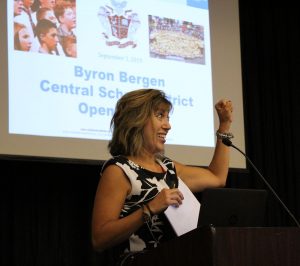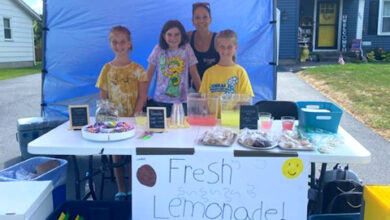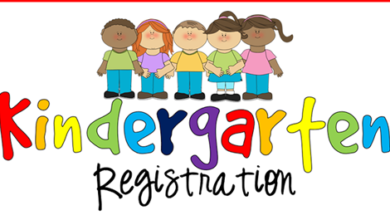B-B CSD kicks off a multi-year social emotional learning initiative

Byron-Bergen Central School District is partnering with Whole Child Connection, a University of Rochester affiliate, to improve social and emotional competencies in the student body. Social emotional learning (SEL) focuses on the whole child and is the process through which individuals learn to manage emotions, set and achieve positive goals, feel and demonstrate empathy for others, establish and maintain positive relationships, build healthy habits, and make responsible decisions.
Christine Merle, Training Manager at Whole Child Connection, presented the SEL initiative to faculty and staff at Byron-Bergen’s opening day ceremony. “Many districts are working on this and finding success,” said Merle. “It’s a little like ‘Field of Dreams’ – if you build it, they will come. With SEL, systemic change becomes apparent within three to five years of a district adopting a SEL plan. It’s not immediate, but at the end of the day, it’s about making good people.”
“Our students aren’t just learning to get good grades, they’re learning to function in society outside of school,” said Byron-Bergen Superintendent Mickey Edwards.
While SEL will have different approaches for different age groups, the underlying goal of improving students’ relationships with themselves and others remains the same. “Obviously, we aren’t going to ask a sixth grader if they feel happy or sad – they’d laugh us out of the classroom,” said Merle. “Each age group has tailored classroom practices that will be supported by school-wide practices, and district policies and procedures.”
“I am excited to work with the entire district on building an awareness of what social emotional learning is and how easily it can be implemented in classrooms and daily life,” said Rebecca Manfreda, Director of Instructional Services at Byron-Bergen. “This work will last for many years to come and positively affect many individuals along way. The knowledge that we gain, and practices we implement, will extend outside the classroom to help our students be their best selves and start changing the world.”
“Social emotional learning has proven to have many positive outcomes, including greater success later in life, lower rates of risky behavior and higher academic achievement,” said Edwards. “Additionally, engaging in SEL has proven to increase the job satisfaction of those who work with children. This initiative has the potential to make our district an even better place to learn and work. I look forward to seeing how it makes a positive impact on our students.”
Provided information



